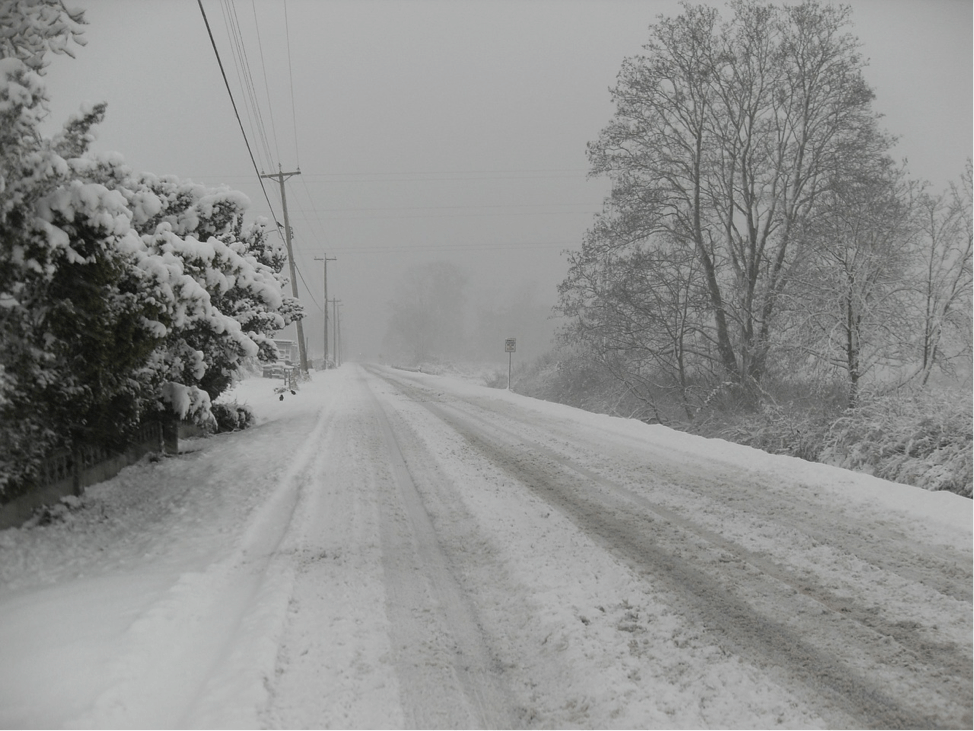Can I refuse to go to work when roads are dangerous?
 When the weather turns cold and the roads become much more dangerous to travel, many employees question their rights. Can you refuse to drive in inclement weather? The answer is sometimes yes and sometimes no.
When the weather turns cold and the roads become much more dangerous to travel, many employees question their rights. Can you refuse to drive in inclement weather? The answer is sometimes yes and sometimes no.
According to the Occupational Health & Safety Administration (OSHA), a motor carrier employee has the right to refuse to drive when he or she is afraid for his or her safety. This means an employer cannot fire, discipline, or otherwise discriminate against an employee for such refusal. Generally speaking, a motor carrier driver is one who operates a vehicle transporting people, hazardous materials, or cargo for business purposes.
For the rest of the working population, the law is not quite as forgiving. If you commute to work, you cannot simply refuse to drive to work due to a fear of road conditions. Your employer must agree that the weather is too dangerous for driving. Otherwise, your employer has the right to fire or otherwise discipline you for not coming to work.
When Businesses Close for Bad Weather
If weather is so bad that businesses must close, it is important to know what to expect when it comes to pay. Under the Fair Labor Standards Act (FLSA), employers are not obligated to pay their hourly employees for hours not worked due to bad weather. They are only required to pay for hours spent working.
On the other hand, employers must pay salaried employees for days not worked due to inclement weather closures. Aside from the rare exception, an employer cannot withhold your earnings if he or she decides to close the business due to dangerous weather conditions.
As a rule of thumb, if your business has elected to stay open during dangerous weather and you choose to stay home, your employer can generally deduct the time off from your accrued leave. In cases where there is no accrued leave, your employer may deduct from your paycheck the pay for the days you missed. For more information, read our tips on what to do if you feel pressure to drive to work in dangerous weather.
Unsafe Work Conditions
Roads are not the only source of concern when it comes to the wintertime. Depending on your job, you may be exposed to the cold and other extreme conditions at work. If this is the case, there are protections in place for you.
Under the OSHA regulations, if an employer sends an employee to the roof or to another elevated surface to remove accumulated snow, there are strict fall protection and safety requirements that must be followed. The employer is required to evaluate any potential hazards and protect its workers from falls.
Workers are also protected from unsafe work conditions under the National Labor Relations Act (NLRA). The NLRA rights are similar to those granted by the OSHA regulations. Under the act, workers can refuse to work under unsafe conditions if certain criteria are met. It also protects workers from retaliation from their employers for such refusal. However, as mentioned above, these laws do not protect employees who refuse to drive to work when the employer did not agree that the weather was too dangerous for them to do so.
Want more information on how we help with other related employment concerns and disputes? Click here.
If you are in need of an employment law attorney, contact our attorneys at Robert A. Klingler Co., L.P.A. in Cincinnati, Ohio
